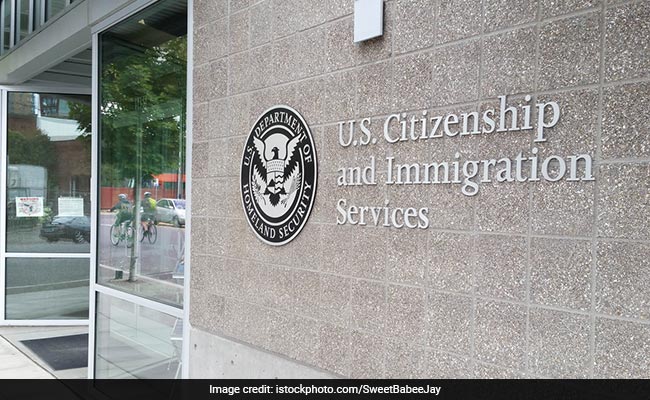 |
|
The recent surge in illegal immigration from Canada to the United States, particularly among individuals of Indian origin, presents a complex humanitarian and security challenge. US border patrol data reveals a staggering tenfold increase in arrests of Indian nationals in just two years, reaching over 14,000 in the year ending September 30th. This alarming statistic underscores the urgent need for a comprehensive understanding of the underlying factors driving this phenomenon and the implementation of effective and humane solutions. The sheer scale of the increase, representing 60% of all arrests along the US-Canada border, demands immediate attention from policymakers and international organizations.
Several interwoven factors contribute to this escalating crisis. Economic hardship in India, coupled with the allure of greater economic opportunities in the United States, serves as a primary driver. The long wait times for visas and permits under the existing legal immigration system create a frustrating bottleneck, pushing desperate individuals to seek illegal entry. Furthermore, political instability and instances of political repression in India, alongside concerns about rising Khalistani extremism in Canada targeting Indian nationals, add another layer of complexity. These factors combine to create a perfect storm, pushing vulnerable individuals to undertake dangerous and often fatal journeys.
The tragic death of the Patel family in 2022 starkly illustrates the human cost of this illegal migration. Their heartbreaking story, culminating in their deaths from exposure while attempting to cross the border, serves as a powerful reminder of the desperation and risks involved. The Patel family's journey, facilitated by human smugglers, highlights the ruthless exploitation of vulnerable individuals by criminal organizations. These smugglers prey on the hopes and dreams of those seeking a better life, charging exorbitant fees and disregarding the safety and well-being of their clients. The ongoing trial of the smugglers involved in the Patel family's case underscores the crucial need to dismantle these criminal networks and bring those responsible to justice.
The issue extends beyond the immediate humanitarian crisis. The significant increase in illegal crossings poses a challenge to border security and national sovereignty. The sheer volume of individuals attempting to cross illegally places a strain on border patrol resources and necessitates a robust response. Moreover, the involvement of sophisticated human smuggling organizations poses a significant threat, requiring coordinated international efforts to effectively combat their operations. The complex interplay of economic, political, and security factors necessitates a multifaceted approach to address the root causes of this surge in illegal immigration.
Moving forward, a comprehensive strategy is needed to address this crisis. This strategy must encompass multiple facets, including addressing the economic disparities driving migration, streamlining the legal immigration process to reduce wait times, and enhancing international cooperation to combat human smuggling. Furthermore, addressing the underlying political issues and concerns contributing to the exodus from India is crucial. Humanitarian considerations must be central to any solution, ensuring that vulnerable individuals are protected and provided with assistance. The tragic loss of the Patel family underscores the urgent need for humane and effective immigration policies that prioritize the safety and well-being of all individuals seeking a better life.
The incoming Trump administration's plans for a significant overhaul of immigration policies, with a focus on stricter enforcement, raise concerns about the potential impact on individuals seeking refuge. The appointment of Tom Homan as 'border czar' signals a shift towards a more restrictive approach. While enhanced border security is important, it must be balanced with compassionate and humane solutions that address the root causes of migration. Striking a balance between security concerns and the protection of human rights is paramount. Ultimately, a comprehensive and holistic approach is necessary, one that considers the economic, political, and humanitarian dimensions of this complex issue, to effectively address the surge in illegal border crossings and prevent future tragedies.
The story of the Patel family serves as a chilling reminder of the devastating consequences of unchecked human smuggling and the desperation of those seeking refuge. Their story should galvanize policymakers and international organizations to work collaboratively to find sustainable solutions that address the root causes of this crisis, while upholding the dignity and human rights of all individuals. Only through a concerted and humane effort can we prevent future tragedies and create a more just and equitable system for those seeking a better future.
Source: 10-Fold Surge In Illegal Border Crossing As Indians Try To Leave Canada For US: Report
